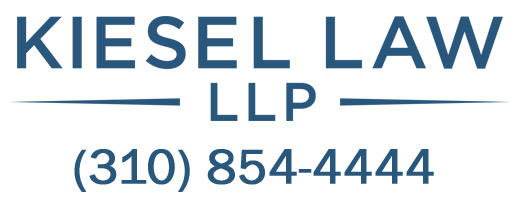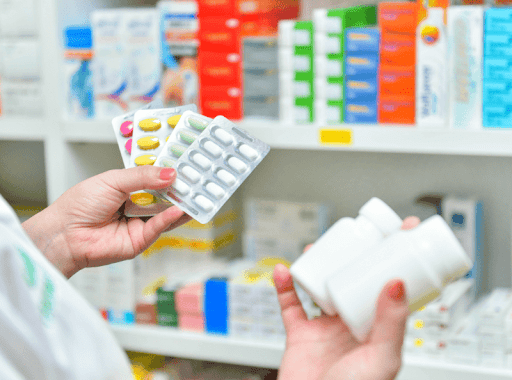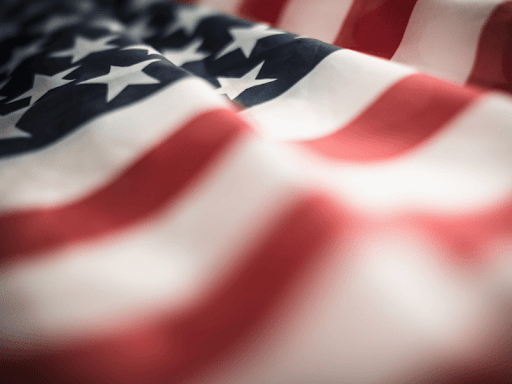Comparing Drug Product Liability in the US and Other Countries
Drug product liability laws are a vital component of consumer protection globally, holding manufacturers and distributors accountable for the safety and effectiveness of pharmaceutical drugs. While the fundamental aim is consistent across countries, the specifics of drug product liability laws can vary significantly.
If you or someone you love have suffered damages due to drug product defects Kiesel Law can help you seek compensation. Our attorneys are experts in pharmaceutical product liability actions, both at home and abroad.
Drug Product Liability Law in the United States
In the US, the Food and Drug Administration (FDA) regulates pharmaceuticals, ensuring their safety and efficacy before they reach the market. Key aspects of drug product liability laws in the US include:
- Strict Liability: Under the principle of strict liability, manufacturers can be held liable for any injuries caused by their drugs, even if they exercised reasonable care during production and distribution.
- Failure to Warn: Manufacturers are required to provide adequate warnings about known risks associated with their drugs. Failure to do so can lead to liability claims.
- Design Defects: Manufacturers can be held liable for design defects in their drugs if the product is deemed unreasonably dangerous as designed, and safer alternatives exist.
- Marketing and Promotion: Pharmaceutical companies can be held liable for misleading marketing, off-label promotion, or fraudulent claims about their products.
- Statute of Limitations: There are time limits within which a plaintiff can file a product liability lawsuit, known as the statute of limitations.
- Multidistrict Litigation (MDL) and Class Actions: Multiple similar product liability cases may be consolidated into MDL or class actions for more efficient legal proceedings.
- Compensation: In the US, compensation awarded in product liability lawsuits can include economic damages (medical expenses, lost wages), non-economic damages (pain and suffering), and punitive damages (intended to punish the defendant).
Drug Product Liability in Other Countries
Drug product liability in other countries varies from place to place. Here are some helpful examples from some of the most prominent countries and territories that do business with the US.
European Union (EU)
The EU has a harmonized regulatory framework for pharmaceuticals that includes product liability provisions. Key aspects of drug product liability laws in the EU include:
- Strict Liability: Similar to the US, EU law holds manufacturers strictly liable for defective products.
- Pharmacovigilance: The EU has a robust pharmacovigilance system to monitor the safety of drugs post-market. Reporting and assessment of adverse events are essential components.
- No-Fault Compensation Systems: Some EU countries, like Sweden and Denmark, have no-fault compensation systems that provide compensation to victims of vaccine-related injuries without requiring them to prove negligence.
Canada
In Canada, pharmaceuticals are regulated by Health Canada. Key aspects of drug product liability laws in Canada include:
- No-Fault Compensation: Canada has a no-fault compensation program for vaccine-related injuries, similar to some EU countries.
- Strict Liability: Manufacturers can be held strictly liable for injuries caused by their drugs, even without proof of negligence.
- Health Canada Oversight: Health Canada monitors drug safety, investigates adverse events, and issues warnings and recalls when necessary.
United Kingdom
In the UK, the Medicines and Healthcare products Regulatory Agency (MHRA) oversees pharmaceuticals. Key aspects of drug product liability laws in the UK include:
- Strict Liability: Manufacturers can be held strictly liable for injuries caused by their drugs, even if they exercised due diligence.
- Consumer Protection: The Consumer Protection Act 1987 provides a framework for product liability claims, including those related to pharmaceuticals.
- Pharmacovigilance: The MHRA maintains a pharmacovigilance system to monitor drug safety and take necessary actions.
US vs. Other Countries: Key Differences in Drug Liability
While the fundamental principles of drug product liability law are similar across most regions, there are notable differences
- No-Fault Compensation: Some countries, like Sweden, Denmark, and Canada, have established no-fault compensation systems for vaccine-related injuries, simplifying the compensation process for victims.
- Regulatory Framework: Each country has its regulatory agency responsible for drug oversight, such as the FDA in the US or the MHRA in the UK.
- Statute of Limitations: The time limits within which a plaintiff can file a product liability lawsuit vary by country.
- Compensation Limits: Some countries may have caps on the amount of compensation that can be awarded, while others, like the US, allow for substantial punitive damages.
- Class Actions: The availability and use of class actions and MDLs differ between countries. In 2023, the European Union expanded mass action availability, making it easier for consumer groups to bring class action both within their home countries and across borders.
Our Attorneys Are Experts in Drug Product Liability
It doesn’t matter where you live, when you use pharmaceutical drugs to treat an injury or illness, you should be able to feel safe in the knowledge that those drugs weren’t manufactured with harmful defects. Sadly, that’s not always the case.
When pharmaceutical manufacturers and distributors act with negligence, Kiesel Law is there to hold them accountable. Our lawyers have the knowledge, experience, and resources necessary to help you seek just compensation. Contact us today.




